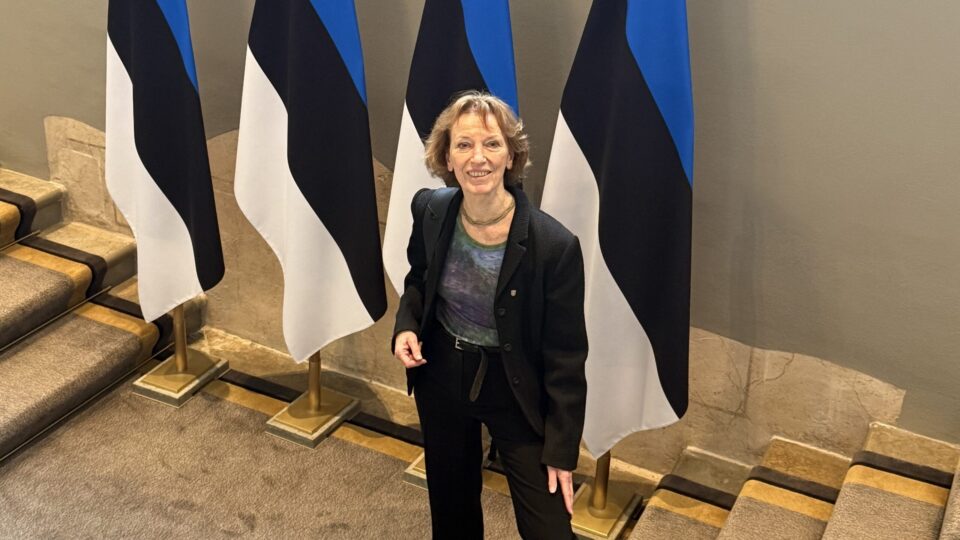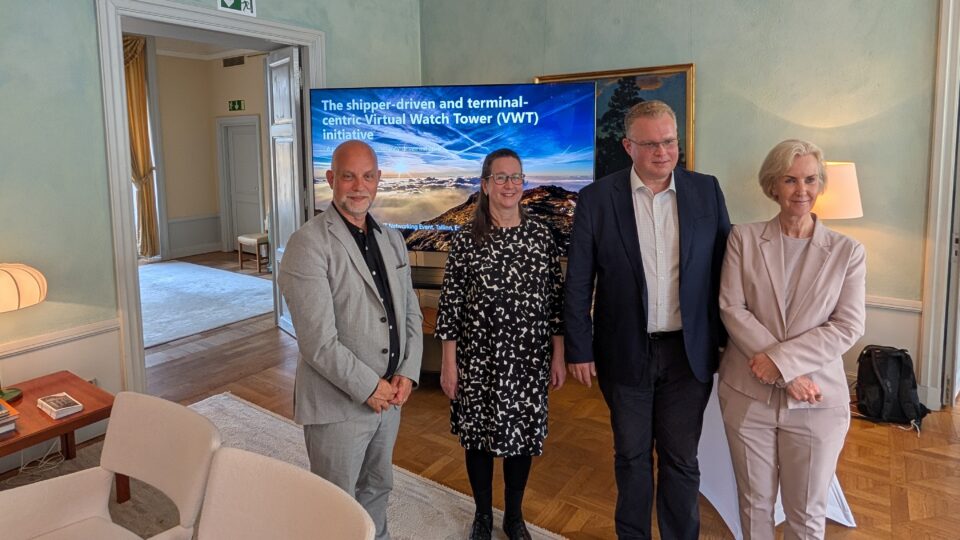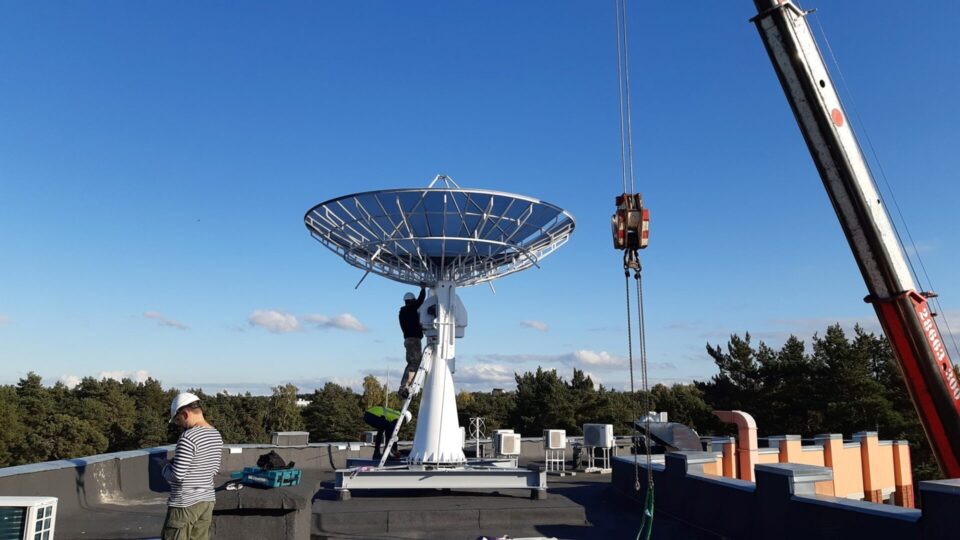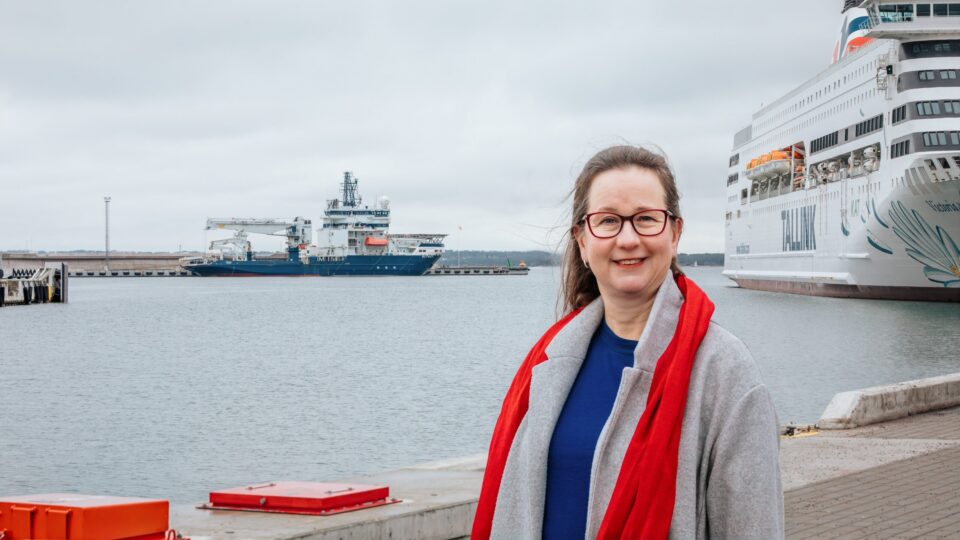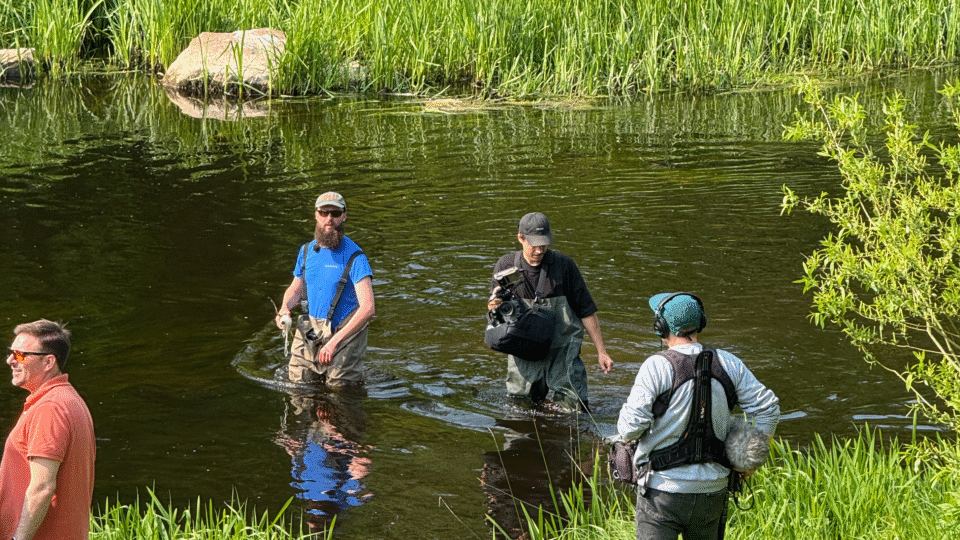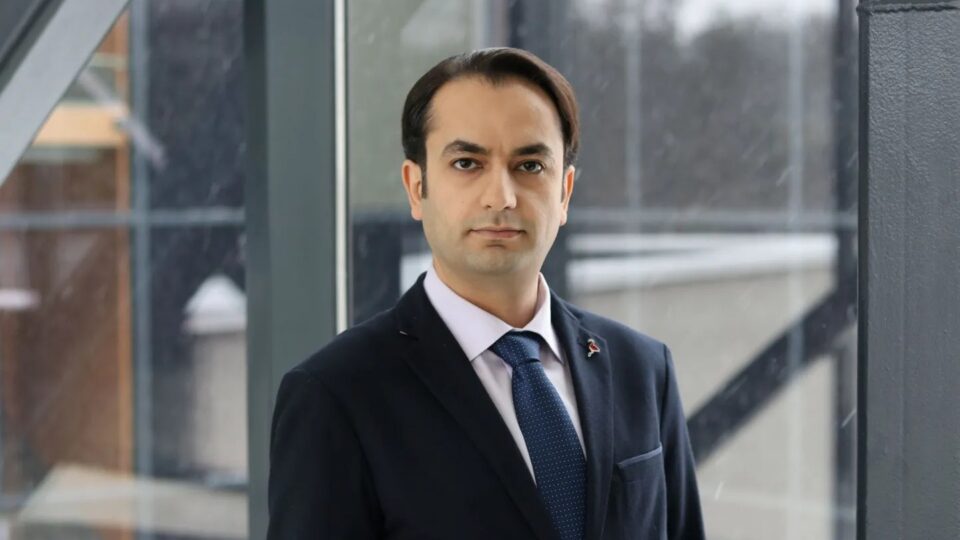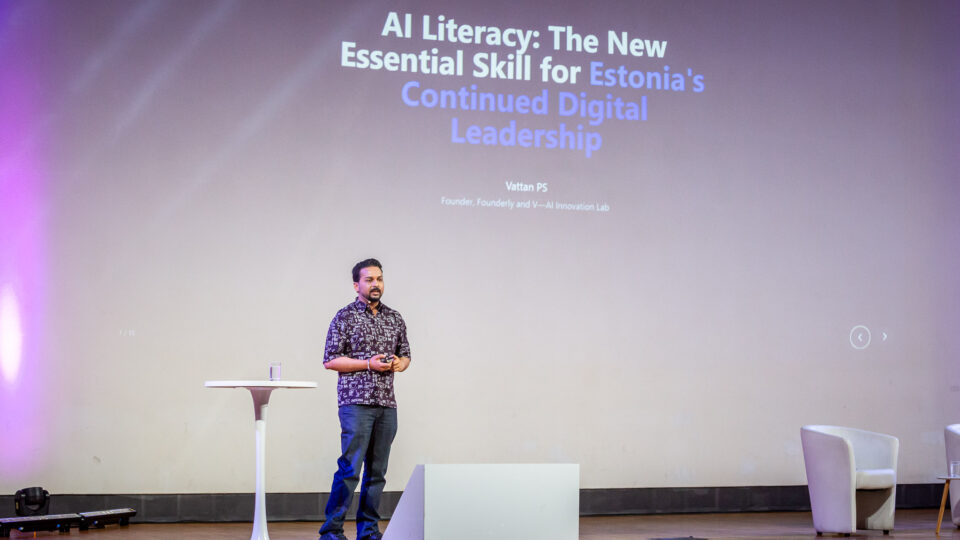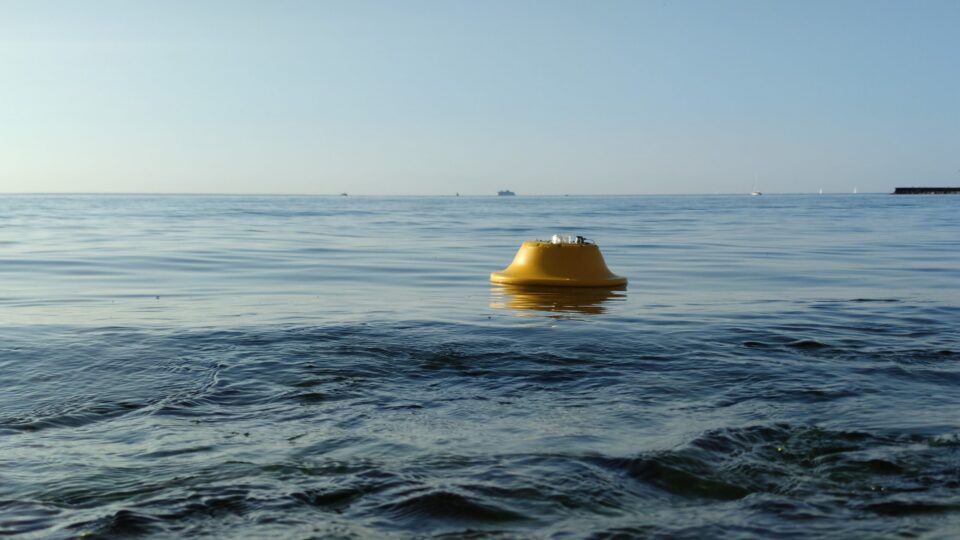The President of the European Research Council, Professor Maria Leptin, visited Estonia to explore the country's research landscape and discuss the growing success of Estonian scientists in securing prestigious ERC grants. In conversation with Trialoog’s editor Silver Tambur, she reflected on Estonia’s achievements, the role of scientific freedom, and her personal leadership journey.
Estonian Maritime Academy participates in cross-border initiative to enhance transparency, resilience, and sustainability in global transport chains.
Estonia has earned a global reputation as a digital trailblazer, but its next strategic move may come from much higher up—literally. Building on its strengths in cybersecurity and digital governance, Estonia is now laying the groundwork to become a leader in securing space infrastructure.
Ukraine’s wartime shipping proves that, even under attack, trade can continue – with ingenuity, international cooperation and flexible infrastructure.
When British wildlife photographer Jack Perks visited TalTech, it wasn’t just a guest lecture or a quirky nature story – it was a significant step in redefining how technology and ecology intersect. His visit bridged underwater fieldcraft with cutting-edge AI, helping fine-tune TalTech’s fish monitoring systems and inspiring the next generation of students to see IT as more than just code.
The EU has unveiled a bold legal strategy to end its reliance on Russian gas by 2027 – but turning the plan into law risks legal, political and international trade disputes that could derail the effort.
Estonia has all the prerequisites to become a leader in the age of artificial intelligence – but this opportunity must not be missed.
Professor Eko Prasojo, a leading expert in Southeast Asian public administration, joins TalTech's "Innovation and Governance" podcast to discuss the challenges and achievements behind Indonesia’s sweeping administrative reforms.
What happens when Estonia’s beloved film "Kevade" ("Spring") is colourised and one of its main characters, Arno, is recast as a young Leonardo DiCaprio? When artificial intelligence meets student creativity, an experiment is born – one that pushes the boundaries of both technology and culture.
Russia removed TalTech’s smart wave buoy from Estonia’s economic zone – without a single obstacle; the incident raises a pressing question: does Estonia truly have sufficient situational awareness in the Baltic Sea, and the capacity to respond swiftly?
